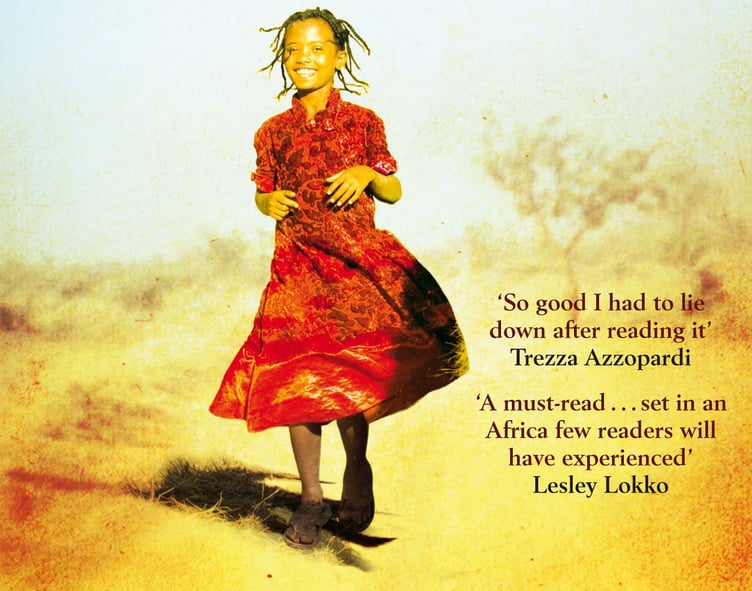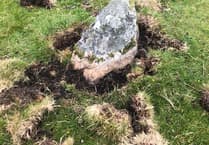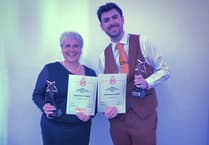The literati at Tenby Library discussed Tiny Sunbirds Far Away by Christie Watson. The novel is set in Nigeria, mainly in a rural community in the Niger Delta, and is told by 12-year-old Blessing.
Initially she lives with her parents and brother, Ezekiel, in a gated apartment in Lagos with all the amenities of a western life. However, when her parents separate, Mama loses her job and takes the children to her parent’s village. This is a shocking change of circumstances for them all.
Blessing doesn’t know her grandparents, so they have effectively moved in with strangers; there’s no generator for electricity, so they are dependent on the vagaries of the National Electric Power Authority – colloquially known as Never Expect Power Always. While her grandfather, Alhaji, is a local ‘big man’, there never seems to be much money around: the children can’t attend school until they can pay the school fees; they struggle to pay for Ezekiel’s asthma inhalers; sometimes there isn’t even money for food. However, there is always money for the cognac Alhaji takes to the Executive Club, and he maintains a driver with several wives and children.
The Western-run oil company dominates the area; the only jobs available there for locals are in security for men and in the Company bar for women, where Mama gets a job. She is paid in tips; she can only afford school fees and medicine by apparently working all night. There’s a great deal of local resentment towards the oil company, which has turned violent; armed factions recruit local youths, and the mobile police unit, paid for with company funding, does not hesitate to wipe out communities suspected of harbouring them.
In time Blessing finds her place in the family alongside Grandma, who is a traditional birth attendant. The beauty and terror of childbirth is conveyed, along with the horror of FGM, the ‘cutting’ and stitching up of women and girls so that childbirth becomes even more dangerous than naturally. There was an extensive discussion in the group about this, particularly how women can perpetuate this custom when women suffer from it. Grandma is a reluctant practitioner, knowing that if she does not cut when requested someone else will, possibly doing even more damage, with a lack of skill and with unsanitary equipment.
This is a novel of growth. Blessing initially feels dislocated by moving to the village but she grows relationships with her family. Grandma and Alhaji grow as characters, from strangers with strange ways to well-rounded and beloved family members. Poor Ezekiel grows away from his family, cut off from the education he once desired, and joining a group who terrorise the local people while attacking the oil pipeline.
Blessing’s relationship with Mama also grows, from craving Mama’s attention and approval to an understanding that some women are not meant to be mothers. Blessing’s relationship with Father changes too, from her early adoration to her understanding that he is not just a Loud Man.
We were all quite surprised to find that Christie Watson is a white British woman, given how true and authentic the voice of Blessing is, but that is to her credit as a writer. Her extensive nursing career filters through with the compassion shown by Grandma and Blessing to the women and children in their care.
All were quite surprised to find that Christie Watson is a white British woman, given how true and authentic the voice of Blessing is, but that is to her credit as a writer. Her extensive nursing career filters through with the compassion shown by Grandma and Blessing to the women and children in their care.
The group thought this was an extraordinary novel, Rating it 9.25/10. Some found it initially hard to read, distressed by the abrupt changes, and the emotional turmoil attached to change. However, we all found it thought-provoking, with exceptionally well-drawn characters.
It is available to borrow from Pembrokeshire libraries. A small reservation fee may be required if it is not at your branch, or if all copies are out on loan.





Comments
This article has no comments yet. Be the first to leave a comment.